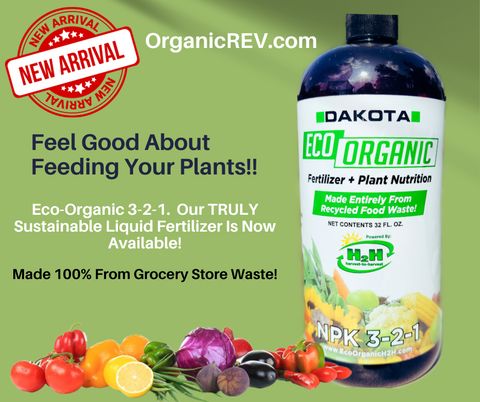
Battling The Food Waste Crisis
In the United States, the issue of food waste has reached staggering proportions, with far-reaching impacts on both the environment and the economy. Shockingly, about 30-40% of the nation's food supply is wasted each year, equating to more than 108 billion pounds of food. This not only represents a colossal economic loss of approximately $161 billion annually but also underscores a grave inefficiency in how food resources are utilized and managed. The Environmental Protection Agency (EPA) has highlighted that food is the single largest component of municipal solid waste reaching landfills, making up about 22% of discarded trash.
The environmental implications of food waste in landfills are profound and multifaceted. As food decomposes anaerobically in landfills, it becomes a significant source of methane emissions—a greenhouse gas that is up to 36 times more potent than carbon dioxide in terms of its heat-trapping ability over a 100-year period. The Natural Resources Defense Council (NRDC) reports that this not only exacerbates climate change but also represents a lost opportunity to reclaim and redistribute food to meet the needs of the millions of Americans experiencing food insecurity. Furthermore, the water used to produce the food that ends up as waste could meet the domestic water needs of every American citizen, underscoring the enormity of the waste and the critical need for systemic changes in food production, distribution, and consumption practices.
Addressing the issue of food waste in U.S. landfills requires concerted efforts from all sectors of society, including government, businesses, and individuals. Reducing food waste not only has the potential to alleviate hunger but also to conserve precious environmental resources and mitigate the effects of climate change. As the United States grapples with these challenges, the data and insights provided by organizations such as the EPA, NRDC, and the U.S. Department of Agriculture (USDA) play a crucial role in informing policies and practices aimed at achieving a more sustainable and equitable food system.
Here at Organic REV, the issue of Food Waste is always top of mind. Solving the problem would potentially eliminate hunger, water and land shortages, concerns over greenhouse gas emissions, overuse of synthetic fertilizers, runaway food prices, and landfill overcrowding. Our launch of Eco-Organic is our first effort to bring about meaningful change. This premium fertilizer is made 100% from upcycled food waste. We are on pace to divert 32,000 tons of waste from landfills and convert it into high-quality organic fertilizer. It is only a drop in the bucket but it is a start.

You can join us in our campaign to reduce food waste. Shop smarter and utilize leftover food. Compost. Volunteer at food banks and/or launch campaigns to pressure grocers and restaurants to donate more food prior to spoilage. Switch fertilizers and use Eco-Organic to feed your home garden. Together we have the power to make planet-altering improvements.


